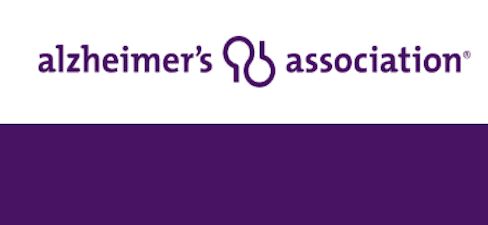 The first study of Alzheimers in the LGB community was released last week at the 2018 Alzheimer’s Association International Conference in Chicago. The results were surprising and indicate a lot more study needs to be done: LGB people suffered from Alzheimer’s 2 percent less that the general population. People in the study were HIV-negative.
The first study of Alzheimers in the LGB community was released last week at the 2018 Alzheimer’s Association International Conference in Chicago. The results were surprising and indicate a lot more study needs to be done: LGB people suffered from Alzheimer’s 2 percent less that the general population. People in the study were HIV-negative.
According to the study, 7.4 percent of LGB people contracted Alzheimer’s compared to 10 percent of the general population over the age of 65.
“Though our new findings provide important initial insights, future studies aimed at better understanding risk and risk factors for Alzheimer‘s and other dementias in older sexual minorities are greatly needed,” said Jason Flatt who is an assistant professor at the Institute for Health & Aging, School of Nursing, University of California, San Francisco.
A call to the local Alzheimer’s Association office brought up more questions that the study answered. Are older LGB people who participated simply healthier than the general LGB population? Why were transgender people not included in the study — do hormones make a difference in rates of Alzheimers or was there simply not a significant population to study.
In a related study, the Alzheimer’s Association found that risk factors for heart disease — including diabetes, tobacco use, high blood pressure and high cholesterol — are also risk factors for Alzheimer‘s and stroke-related dementia.
We’ll be talking to experts over the next few weeks and write a more comprehensive report. In the meantime, we’ll just surmise the cure for Alzheimer’s is on the gay gene. What’s exciting is that the issue is being studied for the community.
Along with its press release, the Alzheimer’s Association sent this from The Institute of Medicine, which identified the following pressing health issues for LGBT people:
Lower rates of accessing care (up to 30 percent)
Increased rates of depression
Higher rates of obesity in the lesbian population
Higher rates of alcohol and tobacco use
Higher risk factors of cardiovascular disease for lesbians
Higher incidents of HIV/AIDS for gay and bisexual men
— David Taffet










